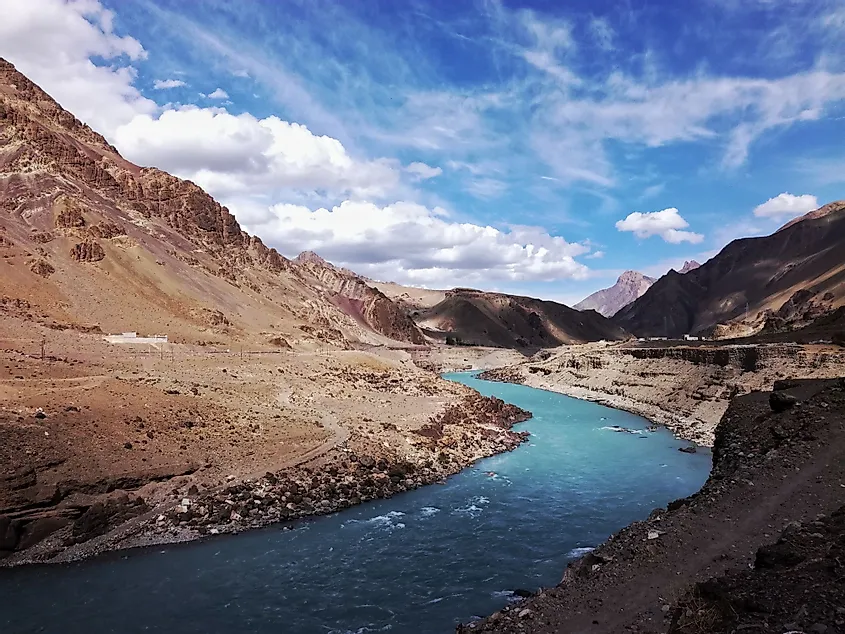The Indus River overtakes the Pacific Ocean as the second-largest source of plastic pollution. A few years ago, the United Nations Environment Program (UNEP) introduced the “Clean Seas” effort, an anti-plastic pollution campaign.
The world’s rivers that contribute the most plastic were the subject of a study by a humanitarian organization called “Export of Plastic Debris by Rivers into the Sea.”
As the second-largest domestic market for plastics in Southeast Asia, according to the Pakistan chapter of the World Wildlife Foundation, the survey ranked Pakistan’s river Indus as the second-biggest contributor to plastic pollution in seas (WWF).
In response, the WWF carried out a study to examine the recycling of PET (polyethylene terephthalate) bottles in Pakistan. The findings revealed that although households and the business sector, including restaurants and hotels, recognized plastic pollution as a problem, they were not aware of recycling and sustainable waste management practices and that most households did not sort recyclables at all.
The PET plastic, which is often used to package food and beverages, notably soft drinks, juices, and water, is not biodegradable, pollutes waterways, and kills marine creatures when they ingest it, claims Shahzeen Pervaiz, a spokeswoman for WWF-Pakistan.
The aforementioned information demonstrates the urgent necessity for the nation to not only fight plastic pollution at the industrial level but also to launch public awareness programmes and promote home waste sorting into recyclables, compost, etc., as is done in industrialized nations.
